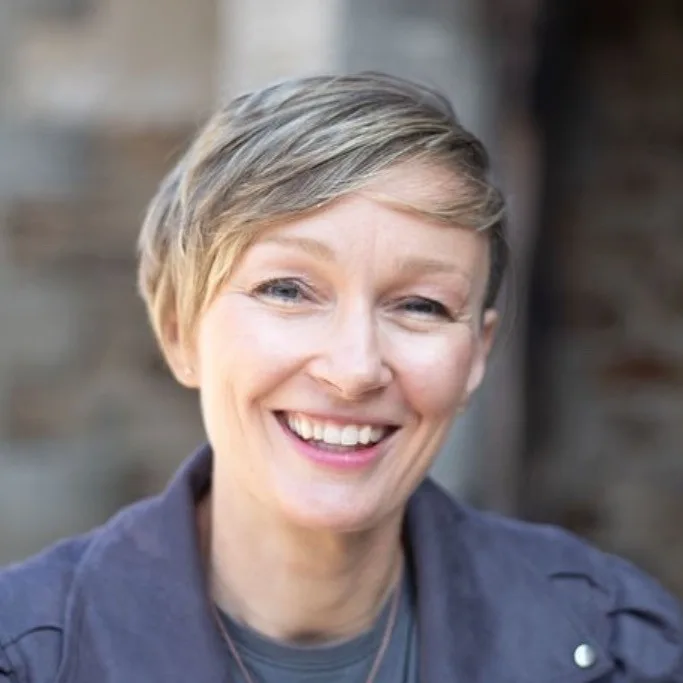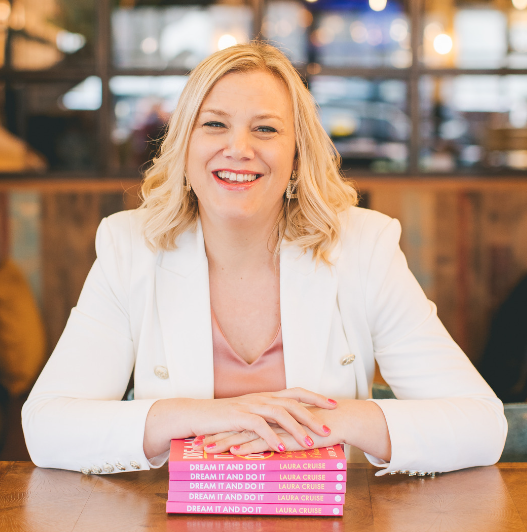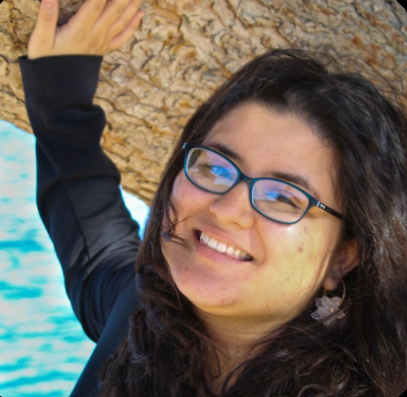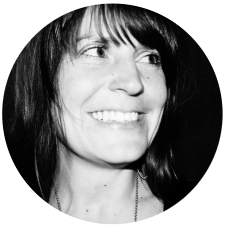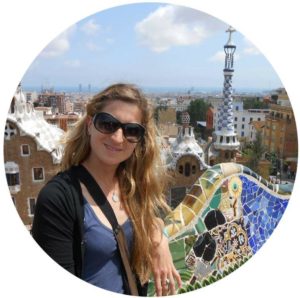The Way of St James: What the Camino Taught Me about Business
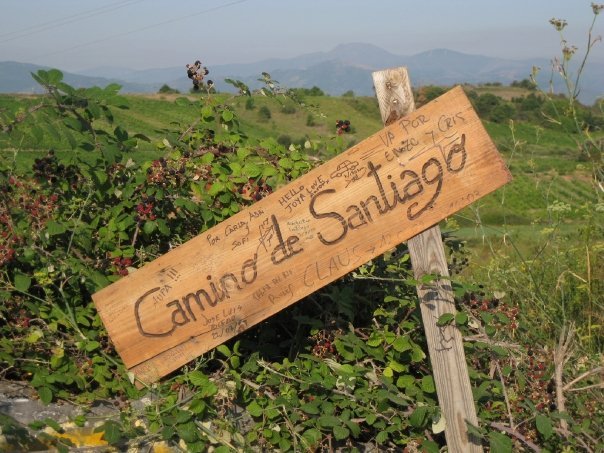
Updated – May 2025.
It was the middle of the summer of 2009, and I was living in the beautiful city of Valencia in Spain. The country was going through one of its toughest financial crises in recent times. Shops were closing, worry hung in the air, and finding a job had become nearly impossible, even for locals, let alone someone like me trying to build a new life in this stunning but troubled paradise.
By August of that year, I had already cycled through three different short-term contracts with three different companies. The economic reality meant Spanish businesses simply weren’t offering permanent positions in 2008-09. Even landing these temporary roles had required tremendous persistence and a fair amount of luck.
A close friend of mine was talking about her upcoming trip to Northern Spain to hike The Way of St James or Camino de Santiago in Spanish. She had been preparing for the hike for a while and was catching a train to Leon the following weekend.
My current contract with a holiday rental management agency was coming to an end the following weekend. My employer wanted to renew it for another 3 months. They even hinted at offering me a permanent job further down the line as they were happy with my work. The thing is: I wasn’t really very happy in this role.
I had a couple of days to decide what I wanted to do.
As the true “Explorer” that I am, I declined their offer and decided to join my friend on the hike. Still unsure about what I would do after, I loved the idea of challenging myself and jumping into the unknown. Timings were in my
With less than a week of preparation, I was hitting the roads of Castilla-y-León in Northern Spain.
The Camino is a spiritual journey for some and a physical challenge for others, but for all, it’s a journey of self-discovery and overcoming (physical and mental) barriers.
I can sincerely there is a before and an after following this trip and a decade later, this is still one of the most important moments of my life.
When I moved to Argentina less than a year later and started building my online business, I
I realised it had changed me and my life for the better.
Here is what I learned from walking 6 hours a day for 12 consecutive days.
1- Morning routines do pay off
On a hike of this magnitude, you need to get up early, very early. We would start walking before sunrise, which in summertime in Spain was about 5.30am. It meant that we were reaching our destination for the day around lunchtime.
Having a defined schedule meant that we didn’t waste time and that we would have the whole afternoon for ourselves. I would take a nap under a tree, read a book or discover the village/hamlet we were staying in.
This trip was in 2009 and I didn’t even bring a mobile phone with me so there was no distraction, just interactions with my fellow hikers and locals.
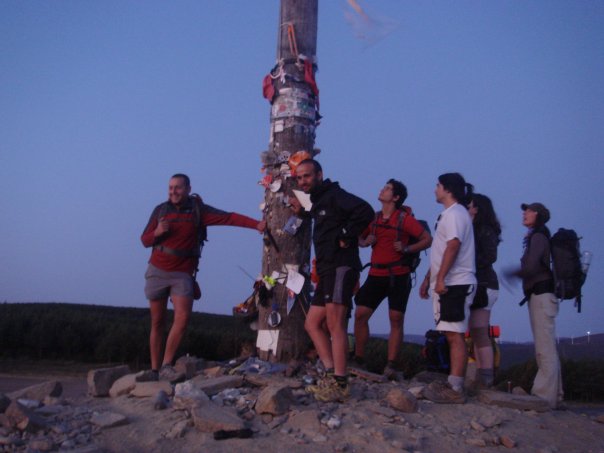
Cruz de Ferro (León) at sunrise, 2009
2 – The best tools won’t guarantee success
Having the most expensive shoes or the nicest backpack on the trail doesn’t make you get there any faster.
Don’t get me wrong, it is very important to have the right tools.
I would not imagine walking the Camino in sandals but sometimes on an adventure or in business, we get stuck (mentally) for not having the best tools.
“Fail to prepare, prepare to fail”- they say.
Sometimes, we need to go ahead with our plans, even if we don’t have everything. The basics will do.
As we go along, we’ll be able to either upgrade our tools/skills or learn about new ways of doing things.
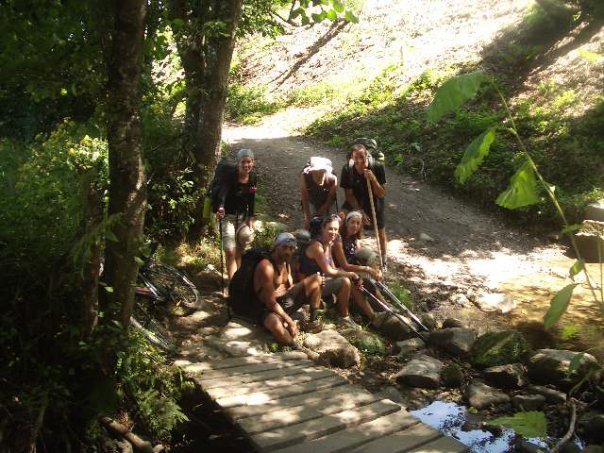
3 – Use the Pomodoro effect
One day in one of the hostels, I saw a huge map on the wall of the rest of the trail until St James and I got overwhelmed. It felt impossible. I decided to erase that image from my mind and every day, I would only focus on the portion I was doing that day.
It was much easier to handle and reaching our destination felt attainable.
Having a clear end-goal is essential.
But only having long-term goals isn’t always enough to keep you motivated in your day to day activities.
You need short-term planning as well. By using the Pomodoro effect, your day will be organised into small manageable pieces.
Split your day into smaller periods, answer emails, client work, mid-morning break then more client work, create content for social media, etc.
4 – Compound effect (small things make the bigger picture)
Similar to the Pomodoro effect, the compound effect is that each individual step is getting you closer to your goal.
It cannot be achieved in one go. It is the accumulation of small activities that will impact your business.
For instance, one blog post will not make you a successful blogger but two articles a week for one year will.
5 – Surround yourself with a strong team of individuals with different skills
Working with people just like you is great but it may become a competition.
You want to surround yourself with people from different horizons, who have complementary skills or even different opinions to yours.
On the walk, I created a special bond with a group of individuals from different backgrounds, different countries and even different levels of fitness but day after day, we became a very close group.
Some would entertain us, some would heal our sore feet, some would be looking after us when struggling with our bag or on a particularly difficult part of the path, some would cook for the group, and some would go ahead on their bike and welcome us in each village we would go through.
Each one of them was like an accountability partner. Just like in business, you need to draw strength from people outside of your expertise to be able to grow and build a solid business.
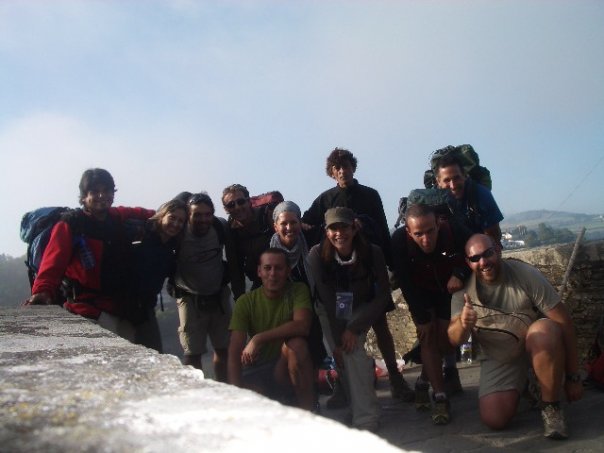
Portomarin, Camino de Santiago.
6 – Stay humble and seek help if in trouble
About halfway through this 300-km hike, I badly sprained my ankle.
At first, I thought that I would have to give up the hike. I was in pain and couldn’t walk alone anymore
With help from fellow walkers, I reached the refuge for that day.
Once there, I didn’t want to speak to anyone as I felt ashamed.
I was already considering catching a bus the next day, to travel further ahead and wait for a couple of day for my friends to reach my destination.
I felt like a failure.
That evening, a woman, who had heard of my fall, offered to look at my ankle. My first reaction was to say “No thanks, I’ll be fine” but my friend insisted;
I didn’t know at first but she was a Croatian chiropractor and had with her a strong topical cream for this kind of injury. She did an amazing job which saved my trip.
The very next morning, the sprained ankle was only slightly swollen and I was able to put my foot on the floor. I was able to walk another 6 days and finish the rest of the hike until St James (Santiago) alongside my friends.
It is the same in business. You cannot do it on your own. There’s no shame in seeking help and letting others support you.
It can be a coach, a VA or an accountability partner but their help will help you go further than if you were going to go on you own.
Let others help you to achieve more.
7 – Celebrate every successes
On the Camino, each day is an achievement in itself. We treated it as such.
Those celebrations are probably my best memories of the trip and also the reason why we created such a strong bond by the end of the adventure.
In business, it’s vital to reward yourself or your team for the efforts. it will keep the moral and motivation high and reinforce the idea that it can be done.

So here you go, these are a few of the business lessons that the Camino de Santiago taught me.
I’ll be forever grateful to my friend Kelly who allowed me to join her on her trip, as this is still to this day one of my favourite adventures I embarked on (on all levels: physical, mental, emotional and spiritual!).
I came back stronger and more determined to live life to the full.
¡Aquí y Ahora!






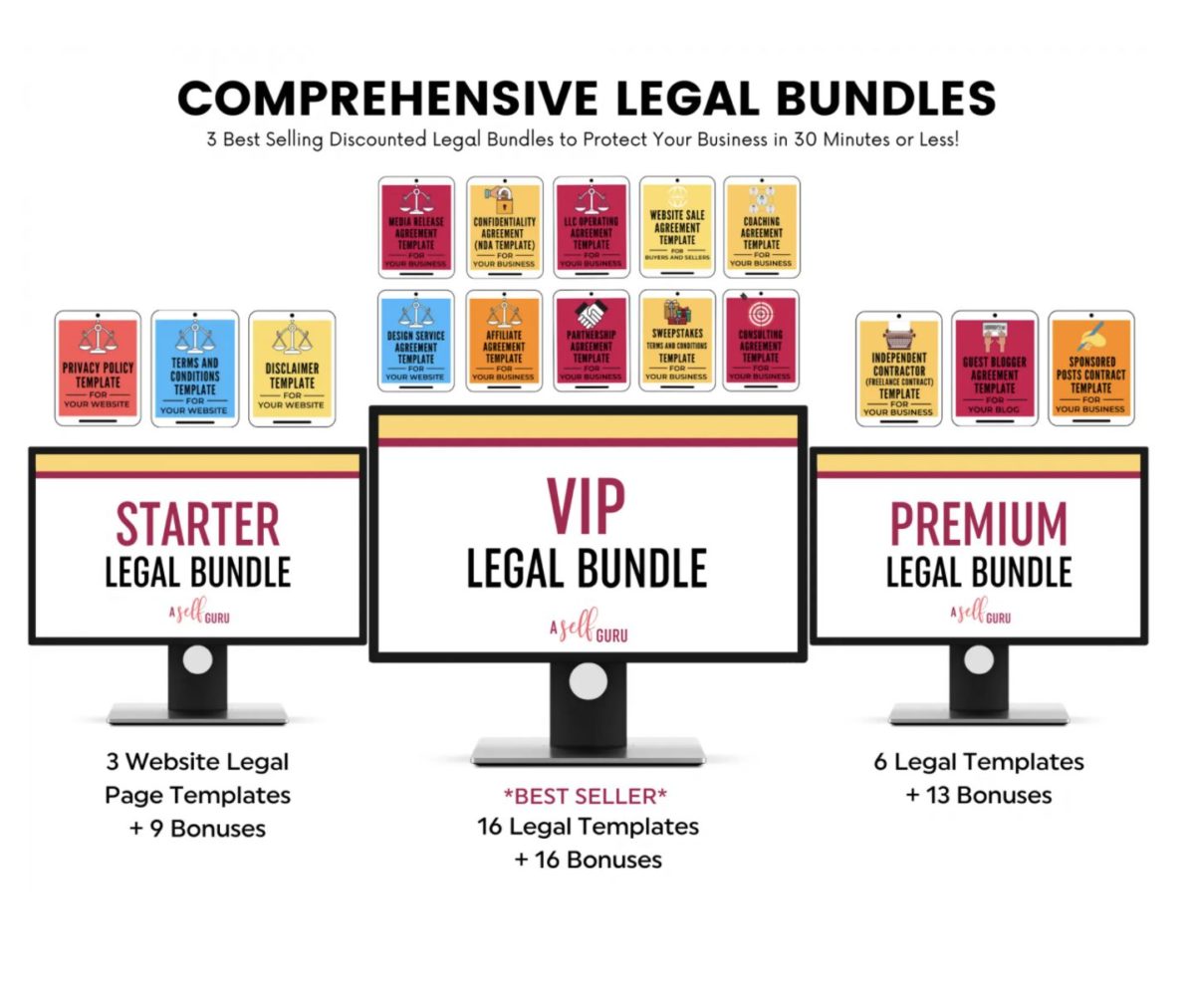

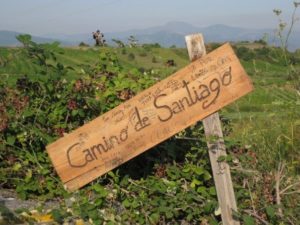
 Fatou Barry
Fatou Barry